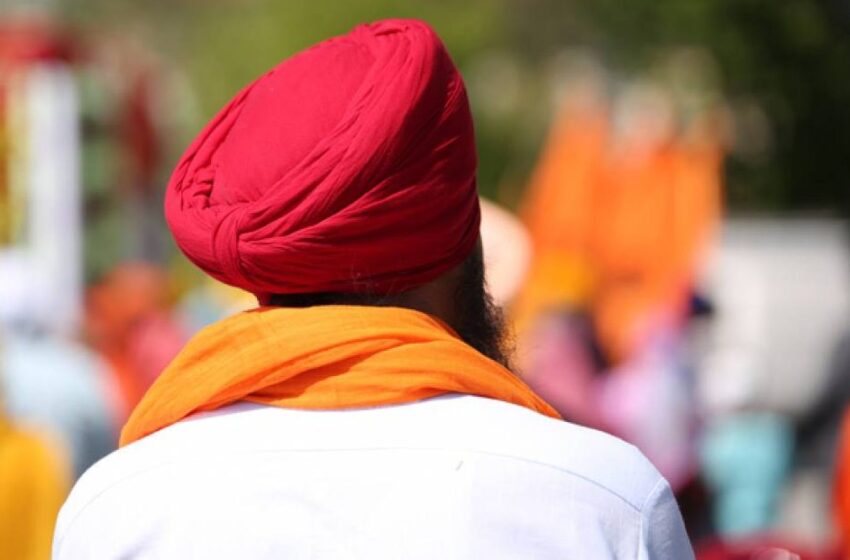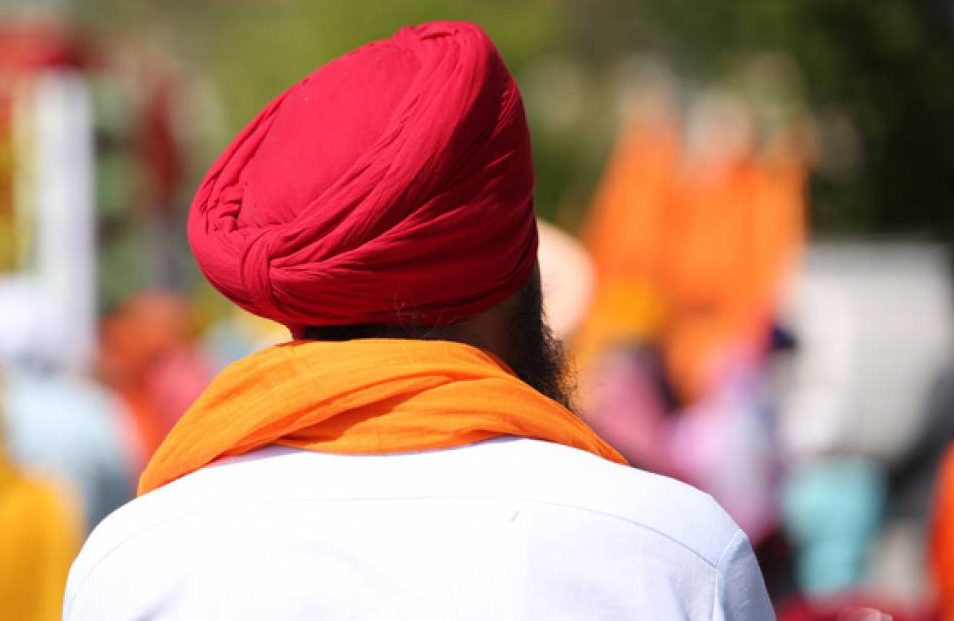‘Sikhs have been a part of America for over 125 years’


Sikh Coalition’s Upneet Kaur talks to the American Bazaar about kids in America learning about Sikhism in schools
Late last month, the District of Columbia State Board of Education voted in favor of new social studies standards. For the first time ever, they include Sikhi, which means that Sikh studies would be included in Washington DC’s social studies standards.
Including the American capital, there are now 17 states across the US that include accurate information about Sikhs in their public school social studies standards.

Civil Rights organization, Sikh Coalition and the DC Sikh community have worked together and advocated in order to achieve this outcome. The local adoption and implementation of the new standards will begin in the 2024-2025 school year.
The American Bazaar talked with Upneet Kaur, education manager at the Sikh Coalition about how the organization and the community worked together and why it’s urgent to have inclusive curriculum in schools in America.
AB: Please tell us about including Sikhism studies in the curriculum. Why do you think it is important?
UK: Sikhism is the world’s fifth largest organized world religion, and Sikhs have been a part of the American fabric for more than 125 years. Still, Sikhism is often misunderstood or unknown to American students.
A lack of inclusion in social studies standards fosters an environment in which Sikh children are often susceptible to bullying. We view inclusion of Sikhism in social studies standards and curriculum frameworks as an integral first step in ensuring that classrooms are safe, healthy, and inclusive for Sikh students.
READ: ‘50 percent of Sikh kids experienced bullying in schools’: Sikh Coalition’s Harman Singh (December 28, 2022)
If students learn about the religion and identity’s untold history, it not only makes students aware of their classmates’ practices but also prepares them for the real world.
AB: Why do you think schools are an important place to start conversations around inclusion? For many kids in America, this would be their first ever introduction to Sikhism. How has the response been like so far?
UK: Schools are an important place to start conversations around inclusion because it prepares students to encounter diversity. We have found that inclusion in the classroom is one of the best ways to keep students safe as it ensures that both educators and students are aware of different communities and practices.
In our over 15 years of advocating for inclusive social studies, we found that when Sikhism is introduced in classrooms it has resulted in safer schools where students learn about their communities and our nation.
AB: Do you get support from other communities? Do you feel immigrant/ minority communities should come together to create a more inclusive America?
UK: When working on the social studies standards review process, one of our priorities is to ensure that not only the Sikh community, but all communities are represented accurately in the standards.
As a result, we build coalitions of support to ensure all communities see themselves in social studies standards. We believe it is crucial that diverse communities come together to build inclusive standards to educate students.
READ: California bill would allow Sikhs to ride motorcycles without a helmet (June 5, 2023)
AB: Let’s talk about the challenges that you may have faced during the journey.
UK: Several states have proposed legislation that bars teachers from teaching “divisive” concepts like white privilege and racial equity.
Many of the bills introduced don’t mention the concept of Critical Race Theory (CRT), but are instead vague restrictions designed to stop education on white privilege and restrict classroom discussion of our nation’s deeply rooted challenges with racism.
Even when these bills do not get enacted into law, they still have ‘chilling’ effects on teachers and schools that are terrified of backlash for initiatives to improve diversity and inclusion.
This directly impacts our work to fight for more inclusive social studies standards for both the Sikh community, and other communities that have been historically marginalized or excluded from standards.
READ: Sikhs, Jews most targeted for hate crimes: FBI (February 23, 2023)
AB: Along the way, have there been any interesting anecdotes or revelations that you would want to share?
UK: We have seen the positive impact the social studies standards review process and inclusion in standards has on Sikh parents, students and community members.
When working towards inclusion, we work with local community members to ensure they speak at Board of Education meetings and engage civically with their local community.
One of the most powerful examples of civic engagement we see time and time again is watching Sikh students testify to the importance of inclusion to them as individuals, and to the community at large. Their personal stories are powerful, and their voices matter.
